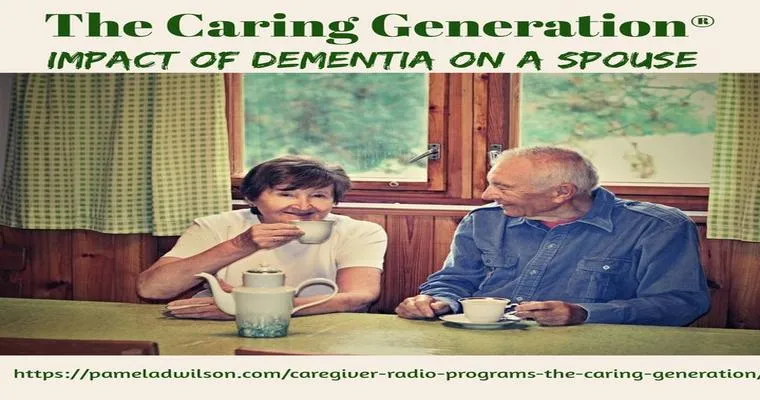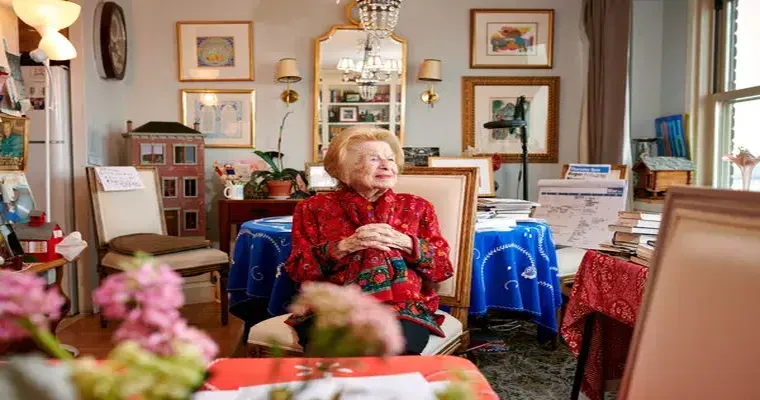Coping with "grief" is a complex journey, and it becomes even more challenging when dealing with a "surviving spouse" who has "dementia". The emotional turmoil that arises from losing a loved one is compounded by the unique needs of a partner who may not fully understand the situation. Understanding how to "minimize grief" for a spouse facing cognitive decline can make a significant difference in their emotional well-being and overall quality of life.
Understanding the Impact of Grief and Dementia
When a primary caregiver passes away, the "surviving spouse" may experience profound feelings of loss, confusion, and loneliness. For individuals with "dementia", the ability to process these emotions can be severely impaired. They may not comprehend the finality of death or may struggle to remember the deceased, leading to additional complications in the grieving process. It is crucial to understand that the grief experienced by the surviving spouse is not just emotional but can also manifest physically and cognitively.
Strategies to Minimize Grief
1. "Maintain Routine and Stability": A consistent daily routine can provide a sense of normalcy for a surviving spouse with "dementia". Familiar activities like meals, walks, and social interactions can help reduce anxiety and confusion. Predictability is key in creating a comforting environment during a time of loss.
2. "Encourage Reminiscence": Sharing memories about the deceased can be therapeutic. Encourage the surviving spouse to talk about their partner, look at photographs, or engage in activities that remind them of shared experiences. This can help them process their feelings and create a sense of connection despite the loss.
3. "Utilize Support Networks": Involving family members, friends, or support groups can provide essential emotional support for both the surviving spouse and caregivers. These networks can help alleviate feelings of isolation and offer companionship, which is vital during periods of grief.
4. "Provide Professional Help": Seeking the assistance of a professional, such as a therapist or counselor experienced in grief and "dementia" care, can be beneficial. They can guide the surviving spouse through their emotions and provide coping strategies tailored to their individual needs.
5. "Engage in Mindful Activities": Activities such as art therapy, music therapy, or gardening can provide an outlet for emotions and foster relaxation. These activities can be especially helpful for individuals with "dementia", as they often allow for expression without the need for verbal communication.
6. "Be Patient and Understanding": Grieving is a process that takes time, and each individual experiences it differently. It is essential to be patient and understanding, allowing the surviving spouse the space to feel their emotions without pressure to "move on."
Conclusion
Minimizing "grief" for a "surviving spouse" with "dementia" requires a compassionate approach that considers their unique emotional and cognitive needs. By implementing supportive strategies and creating a comforting environment, caregivers and family members can help ease the burden of grief. Ultimately, fostering connection, providing stability, and encouraging expression can lead to a healthier grieving process and a better quality of life for the surviving spouse.





